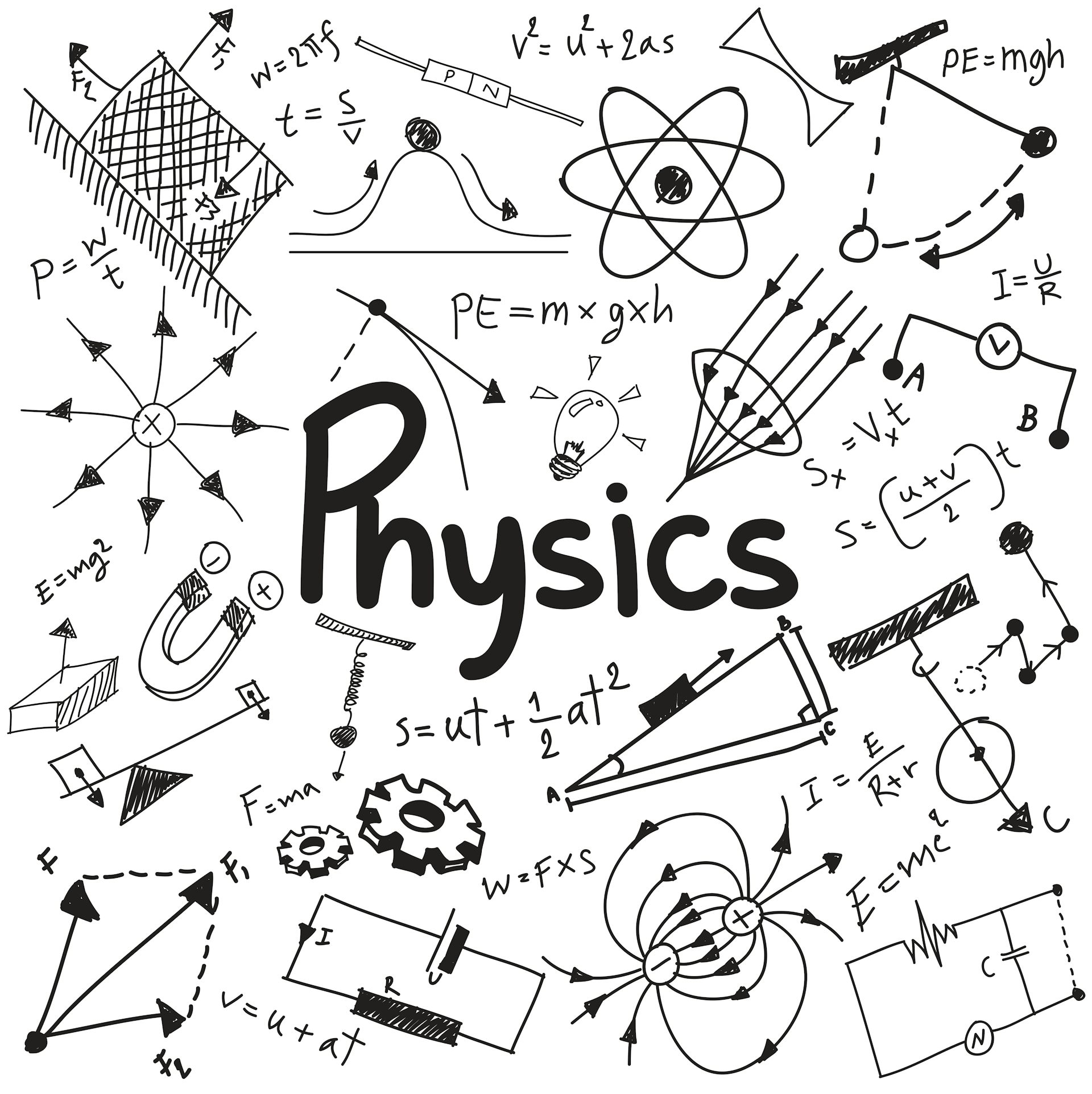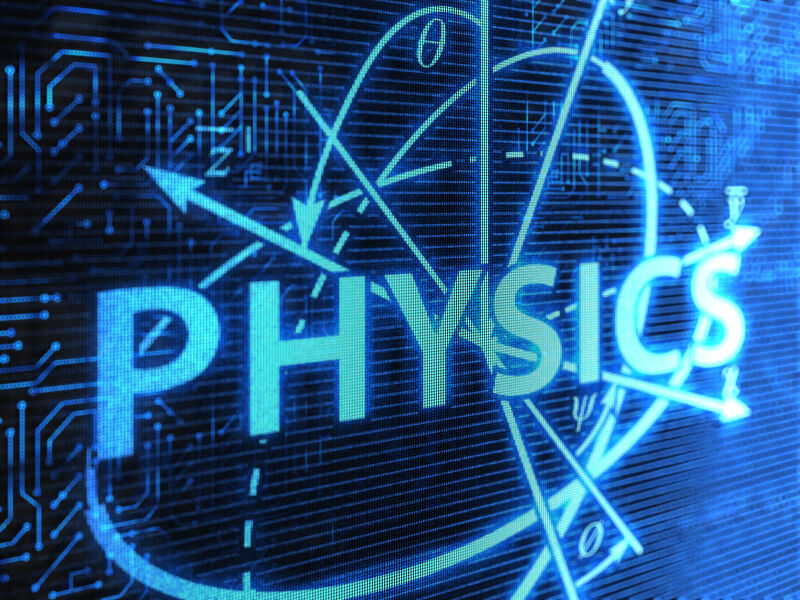Physics theory can be a challenging subject to grasp, with its complex equations and abstract concepts. However, by developing a solid understanding of the fundamental principles and practicing critical thinking skills, you can improve your comprehension of this fascinating field.
In this article, we will explore various strategies and techniques that can help you enhance your understanding of physics theory. Whether you are a student struggling with your physics classes or a curious individual looking to deepen your knowledge, the tips and advice provided here will empower you to approach physics theory with confidence and clarity.
So, let’s dive in and discover how you can unlock the secrets of the universe through the study of physics theory.
Engaging with Physics Concepts

Engaging with physics concepts can be a challenging yet rewarding experience for students looking to improve their understanding of theoretical principles.
By delving into key concepts such as Newtons laws of motion, the principles of thermodynamics, and the theory of relativity, individuals can deepen their knowledge and develop a stronger grasp of the underlying principles that govern the universe. Through hands-on experiments, thought experiments, and problem-solving exercises, students can actively engage with these concepts in a way that enhances their comprehension and retention.
Moreover, discussing these theories with peers, attending lectures, and seeking out additional resources can further solidify one’s understanding of physics theory and its real-world applications. Ultimately, by actively engaging with Physics concepts, individuals can unlock new levels of insight and mastery in this fascinating field of study.
Developing a Strong Foundation in Physics

In order to enhance your comprehension of physics theory, it is essential to establish a solid foundation in the fundamental principles of physics. By focusing on mastering the core concepts such as mechanics, electricity, and thermodynamics, you can develop a strong understanding that will serve as the basis for more advanced theoretical concepts.
Building a solid foundation in physics involves not only memorizing equations and formulas but also understanding the underlying principles and relationships between different variables. Taking the time to thoroughly grasp these foundational concepts will enable you to approach more complex theories with confidence and clarity.
Additionally, engaging in hands-on experiments and problem-solving exercises can further solidify your understanding and help you apply theoretical concepts to real-world scenarios. By dedicating time and effort to building a strong foundation in physics, you can enhance your overall understanding and appreciation of the subject.
Experimentation and Real-life Applications

Experimentation and real-life applications are essential components of understanding physics theory.
By applying theoretical knowledge to practical situations, individuals can see the principles in action and gain a deeper understanding of how they work in the real world. Through hands-on experiments, students can observe the effects of various physics concepts and make connections between theory and application.
This experiential learning not only solidifies their understanding but also sparks curiosity and excitement about the subject. Real-life applications of physics theory can be found in everyday objects and phenomena, from the laws of motion in sports to the principles of electricity in technology.
By engaging in experimentation and exploring real-life examples, individuals can enhance their comprehension of physics theory and its relevance to the world around them.
Conclusion
In conclusion, enhancing your comprehension of physics theory requires dedication, consistent practice, and a willingness to engage deeply with the material. By actively seeking out opportunities to apply abstract concepts to real-world situations, such as solved problems in classical mechanics, you can deepen your understanding and develop a more intuitive grasp of the underlying principles. Additionally, seeking out resources such as textbooks, online tutorials, and study groups can provide valuable support and guidance as you navigate the complexities of physics theory.
Remember, the journey to mastery is a process of continual learning and growth, and with perseverance and patience, you can unlock the mysteries of the universe and become a proficient physicist.


